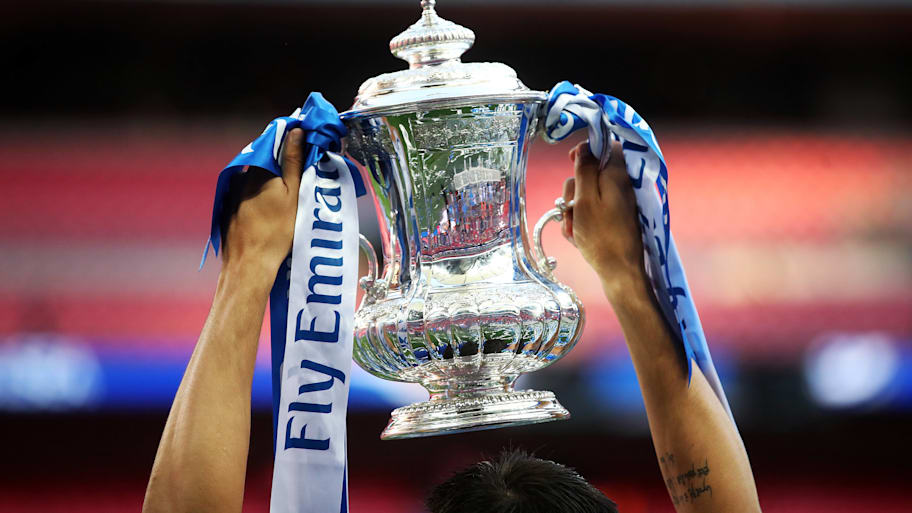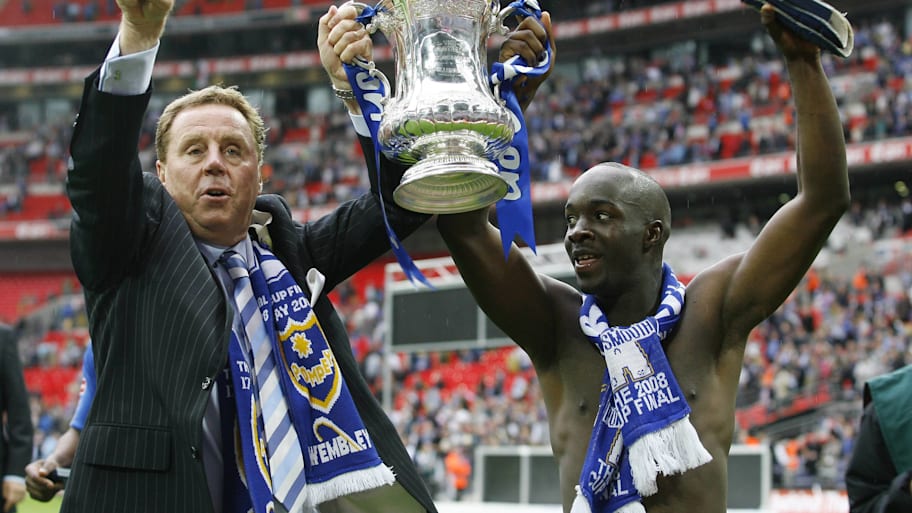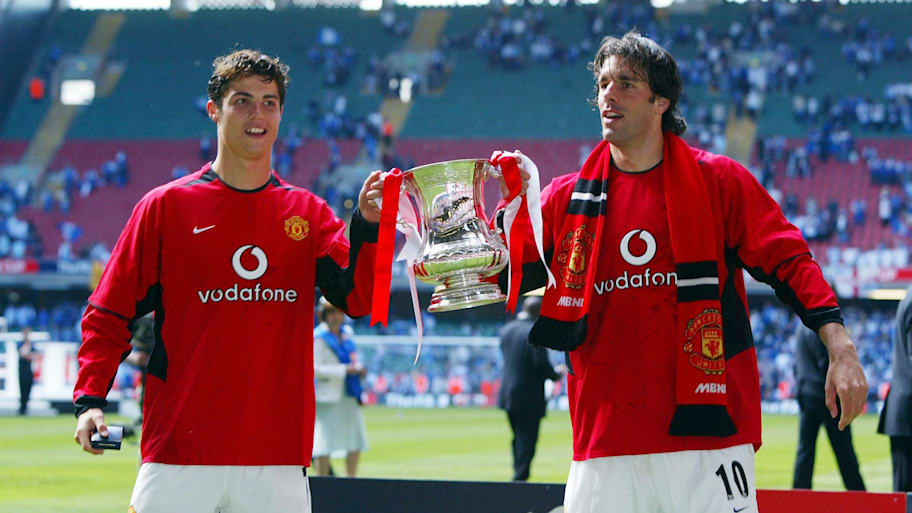
In the English soccer calendar, there are many trophies up for grabs each year.
There’s the Premier League—the country's top division—as well as the remaining league titles across the Championship, League One, League Two, and even lower tiers.
Then there are domestic cup competitions such as the EFL Cup, the Community Shield, and the FA Vase. Meanwhile, top clubs also compete in European tournaments like the UEFA Champions League and Europa League.
But perhaps the most famous—and certainly the most storied—domestic competition of them all is the FA Cup.
So, what exactly is the FA Cup? How did it start, and why does it still matter today?
FA Cup: History and Formation

The FA Cup is the oldest soccer competition in the world, having been launched back in 1871 by the Football Association (FA) with the aim of giving all clubs under its umbrella a chance to compete for a major piece of silverware.
What began as a relatively small tournament featuring just 15 teams has since grown into one of the biggest and most inclusive competitions in global soccer. Today, more than 700 teams from every tier of the English football pyramid—ranging from Premier League giants to part-time non-league sides—compete across its qualifying and main rounds.
The format is truly unique and is what makes the FA Cup so special—it allows underdogs from the lower divisions the opportunity to face, and sometimes defeat, some of the most elite teams in the country. It's this blend of unpredictability, tradition, and inclusivity that gives the FA Cup its lasting appeal.
FA Cup: Winners & Most Successful Teams

The first-ever FA Cup was won by the now-defunct Wanderers F.C., who defeated the Royal Engineers 1-0 in the final held in March 1872.
Since then, no fewer than 43 other clubs have lifted the famous trophy—ranging from some of the most storied names in English football to lesser-known sides who’ve enjoyed their moment of glory.
Arsenal stands as the most successful club in FA Cup history, having claimed the title a record 14 times. The Gunners’ first triumph came in 1930, with their most recent in 2020. Remarkably, seven of those wins came under legendary manager Arsène Wenger, who led the club from 1996 to 2018.
Manchester United follows closely behind with 13 titles, having first won in 1909 and most recently in 2024. They also hold the record for the most runner-up finishes, with nine.
Chelsea, Liverpool, and Tottenham Hotspur are tied in third place, each having lifted the trophy eight times, while 18 other clubs have won the competition on more than one occasion.
Here’s a complete list of every team with multiple FA Cup titles:
FA Cup Format & How Teams Win the Trophy

The FA Cup journey now begins as early as August, starting with two preliminary rounds that feature clubs from the lower reaches of the English football system—specifically levels 8 through 10. Successful teams from these early stages then move on to face sides from levels 5, 6, and 7 in a series of four qualifying rounds, all leading to the first major phase of the tournament.
That phase—known as the first round proper—kicks off in November, when teams from League One and League Two (tiers 3 and 4) enter the fray. The real spotlight, however, shines in January, when Premier League and Championship clubs join the competition at the third round proper, traditionally signaling the point when national attention ramps up.
From there, the format follows a straightforward knockout path: rounds of 32 and 16, quarterfinals, semifinals, and finally the showpiece final in May.
As of a notable rule change in 2024, all ties from the first round proper onward are now decided in a single match, with replays abolished even in the semifinals—ending a long-standing tradition and sparking plenty of debate among fans and pundits alike.
FA Cup Structure and Timeline
What Makes the FA Cup So Special?

The FA Cup holds a unique status in world football—revered not just in England, but across the globe—for two key reasons.
First, it’s the oldest soccer competition in existence, dating back to 1871, giving it unmatched historical significance. Second, and perhaps even more famously, it’s a tournament where clubs from nearly every tier of English football—from grassroots to Premier League—get the chance to compete against one another.
That inclusive structure has led to countless moments of magic, particularly in the form of what fans lovingly call “giant killings”—those unforgettable upsets where lower-league teams knock out top-flight giants.
Some of the most famous upsets in the history of the FA Cup include Hereford United’s famous win over Newcastle in 1972, Wigan Athletic’s shock victory against Manchester City in 2013, and Bradford City’s comeback win over Chelsea in 2015, where the League One side came from two goals down to beat the Premier League giant 4-2 and progress to the fifth round for the first time in 18 years.
It’s these surprises that keep fans hooked, proving that in the FA Cup, anything can happen.
Famous FA Cup Finals

When it comes to the FA Cup, memorable finals also often feature the triumph of the underdog, adding to the magic and allure of the competition.
Consider Portsmouth’s remarkable FA Cup win in 2007–08, or Wigan Athletic’s shocking success against Manchester City in 2012–13. Even further back, the 1986–87 final saw Coventry City defy expectations by edging out Tottenham Hotspur 3–2 in a dramatic match decided by an own goal in extra time.
Yet perhaps the most unforgettable final in FA Cup history is Liverpool’s 2006 victory over West Ham United.
That match featured an extraordinary performance by Steven Gerrard, who played a pivotal role in Liverpool’s comeback. West Ham had surged to a 2-0 lead, only for Djibril Cissé and Gerrard to bring the Reds back on level terms. After Paul Konchesky restored the Hammers’ advantage, Gerrard stunned everyone with a stunning injury-time volley that soared into the bottom corner, widely celebrated as the greatest goal ever scored in an FA Cup final.
Liverpool would go on to win the match in the penalty shootout, in which Gerrard also scored, sealing a truly iconic moment in the competition’s rich history.
READ THE LATEST SOCCER NEWS, TRANSFER RUMORS AND MORE
This article was originally published on www.si.com as What Is the FA Cup? History, Format, Famous Finals and Most Successful Clubs.







